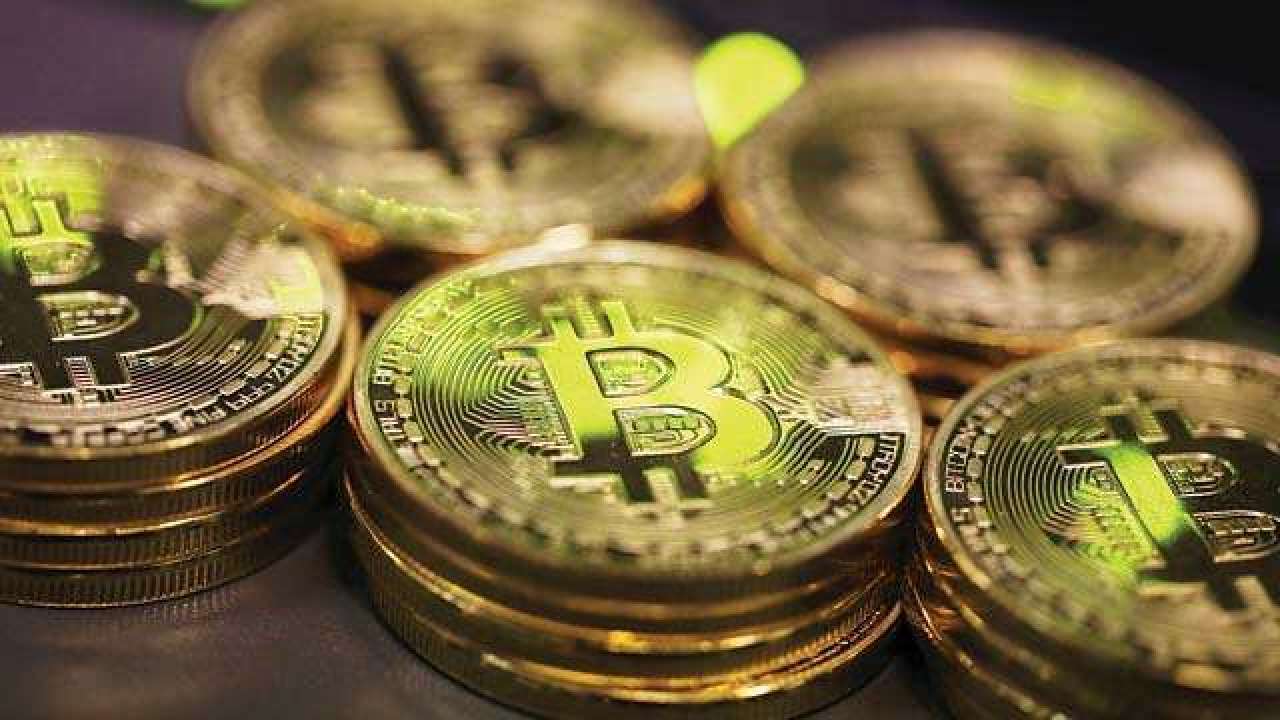

No official announcement has yet been made about how Zaif was hacked. It also seems likely that the incident will affect margin trading in cryptocurrency and debates over the legal position of initial coin offerings in cryptocurrencies.
COINCHECK HACK JAPAN REGISTRATION
Coincheck, a Monex Group company aiming to restructure its business, is far from the only exchange affected well over 100 companies are currently waiting for the official registration process to reopen. Following the recent hack, however, there are worries that there will be further delays before the process restarts. On August 10, the Financial Services Authority published an interim report on its monitoring of cryptocurrency exchanges, and there had been hopes that the registration inspections would restart. It is unclear how the company will raise the funds to buy the Tech Bureau stock.Īll registrations of new cryptocurrency exchanges have been suspended since the Coincheck breach. According to its earnings summary, the company had ¥1.25 billion in cash on hand at the end of June. Fisco’s total market value at time of writing was approximately ¥9.8 billion. On September 20, Fisco announced that the cryptocurrency exchange operated by one of its subsidiaries has no connection to the Zaif system, and said it was looking to sign a formal agreement on a financial assistance package for Zaif. As Tech Bureau announced the hack at Zaif, the publicly listed Fisco Digital Assets Group announced that one of its subsidiaries would acquire a majority of Tech Bureau’s stock, providing a cash injection of ¥5 billion Tech Bureau said it would use the funds to compensate customers for their losses. Since Coincheck operates without formal registration, having been in business since before the amended Payment Services Act came into force, the recent hack was the first major breach at a registered cryptocurrency exchange. Zaif itself had received two business improvement orders from the Kinki local finance bureau.

In January this year, a hack at Coincheck resulted in the theft of around ¥58 billion of NEM tokens, prompting the Financial Services Bureau to take steps to bolster its monitoring systems. This was not the first incident to affect Japanese cryptocurrency exchanges in recent months. A report was made to the regional finance bureau and news of the security breach was announced just before three in the morning of September 20. The hack was not discovered until three days later, on September 17. The techniques and processes we adopt for securing them will be crucial for keeping hackers from running off with land that isn’t theirs.In the evening of September 14, 2018, the Osaka-based Tech Bureau’s Zaif cryptocurrency exchange was hacked, resulting in the theft of approximately ¥7 billion of cryptocurrency (in the form of Bitcoin, Bitcoin Cash, and Monacoin). Such a system might look different from the blockchain networks running today’s cryptocurrencies, but it would still rely on cryptographic keys that could fall into the wrong hands. Some say blockchains can revolutionize how we track a host of assets beyond just money, like land titles. Should financial regulators require exchanges to use multisig technology to secure any funds they keep in a hot wallet? Japanese officials are conducting an emergency security review of the country’s exchanges, and that might be a measure they consider.Įither way, a broader discussion about blockchain security is just beginning. How exactly the perpetrators managed the feat isn’t clear, but it’s possible there was a flaw in the specific implementation. In 2016, for example, hackers defeated a multisig system to steal $65 million from Bitfinex, one of the world’s largest exchanges. Of course, multisig is not a silver bullet.


 0 kommentar(er)
0 kommentar(er)
